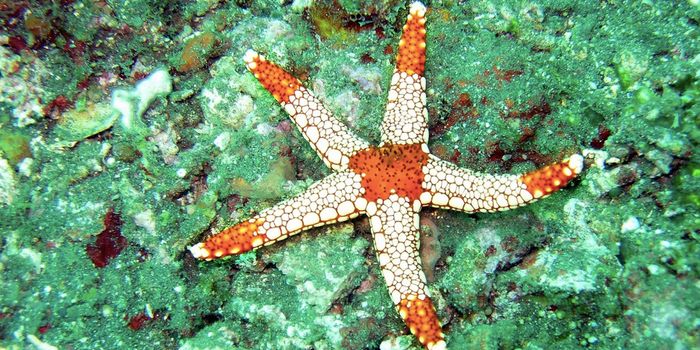New Atlantic Shark Species Uncovered Thanks to Genetics
Recent genetic research concerning sixgill sharks from both Atlantic and Indo-Pacific waters has revealed that the two populations differ enough from one another to be considered separate species. The study, published in the journal Marine Biodiversity, confirms countless years of previously-unconfirmed speculation.
Image Credit: NOAA
"We showed that the sixgills in the Atlantic are actually very different from the ones in the Indian and Pacific Oceans on a molecular level, to the point where it is obvious that they're a different species even though they look very similar to the naked eye," explained study lead author Toby Daly-Engel from the Florida Institute of Technology.
Related: Scientists don't come across dual-headed sharks like this one every day
The name for sixgill sharks from the Indian and Pacific oceans hasn’t changed, but scientists now refer to the Atlantic-based counterparts as… you guessed it… the Atlantic sixgill shark (Hexanchus vitulus).
While the two sharks may look similar at first glance, reading between the lines paints an entirely different picture. Unfortunately, the sharks tend to be somewhat deep-divers, making it challenging to study them thoroughly.
The most significant visual difference between the two is size – Atlantic varieties only grow up to six feet long, while Indo-Pacific varieties can grow beyond 15 feet long. That aside, both varieties sport six gills (hence the name), while most other shark species only have five.
"Because we now know there are two unique species, we have a sense of the overall variation in populations of sixgills. We understand that if we overfish one of them, they will not replenish from elsewhere in the world," Daly-Engel continued.
Related: Florida man charged with punching a hammerhead shark to death
The researchers note how the findings could potentially help us implement more effective conservation systems that focus on each shark species’ needs independently, rather than collectively. That said, this should make it much easier to protect both from common dangers, like overfishing.
New species are being found every day thanks to genetic research, so it should be interesting to see what scientists come up with next.
Source: Phys.org









